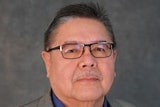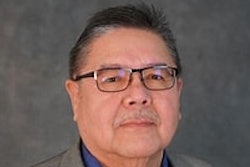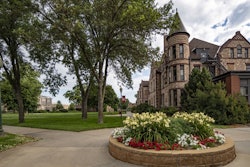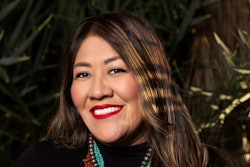Indian Court Recognizes Descendants of Black Freedmen
TAHLEQUAH, Okla.
The descendants of freed slaves who joined the Cherokee Indian tribe in the 1800s must be recognized as citizens of the tribe, the Cherokee Nation’s highest court has ruled.
The decision by the Judicial Appeals Tribunal sets aside a previous opinion against the so-called freedmen and strikes down a 1992 Cherokee Nation Council law limiting citizenship to those who are “Cherokee by blood.”
Lucy Allen, the daughter of freedmen, says the court ruling was a blow against racism.
“It’s been a long time coming,” says David Cornsilk, a Tulsa Cherokee who served as an advocate in court for Allen, who was a petitioner in the legal action. “They were saying she was not a citizen.”
Others, however, fear the Cherokee Nation’s ability to deal with possibly thousands of new members who may not only get to vote, but have access to health care, housing and other services.
“It could be a nightmare in the long run,” says Tahlequah attorney Nathan Young III. “I don’t see it as a racial issue, but see it as trying to expand already stressed-to-the-limit programs.”
The high court’s majority opinion ruled that the Cherokee Nation Council erred because its 1992 statute limiting membership contradicted the 1975 tribal constitution.
“Providing proof of Cherokee blood is clearly one way to become a member,” Justice Stacy L. Leeds wrote in her majority opinion. “It is not the only way to prove membership.” Black freedmen included free Blacks and former slaves who settled in the lands of the Five Civilized Tribes following the Trail of Tears.
Those freedmen were listed with the Cherokees in an 1866 Treaty with the U.S. government.
Cherokee Nation General Counsel Diane Hammons says the tribe respects the court’s decision and will begin to implement its order.
“Descendants of freedmen who can show proof of an ancestor on the freedmen roll of the Cherokee Nation are eligible to be citizens of the Cherokee Nation,” she says.
Tahlequah attorney Todd Hembree, who represented the Cherokee Nation Council in the high-court case, says the main concern will be how the tribe will afford to offer services to an unknown number of additional members.
“Every time you have a finite amount of money or services, to divide it up to a larger pool of people, it will be spread more thin,” he says. “That’s just mathematics.”
— Associated Press
© Copyright 2005 by DiverseEducation.com















